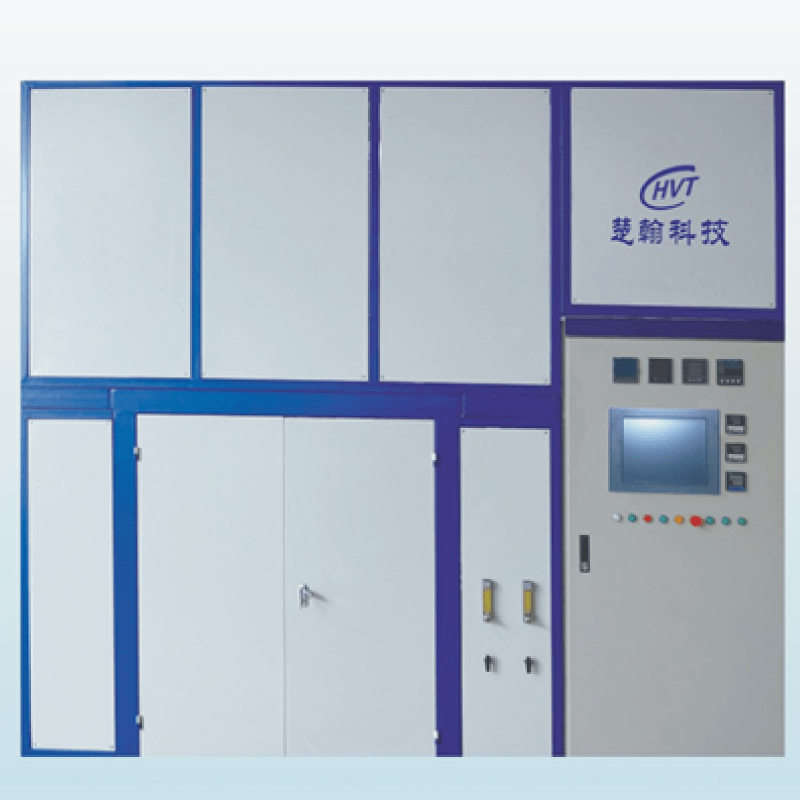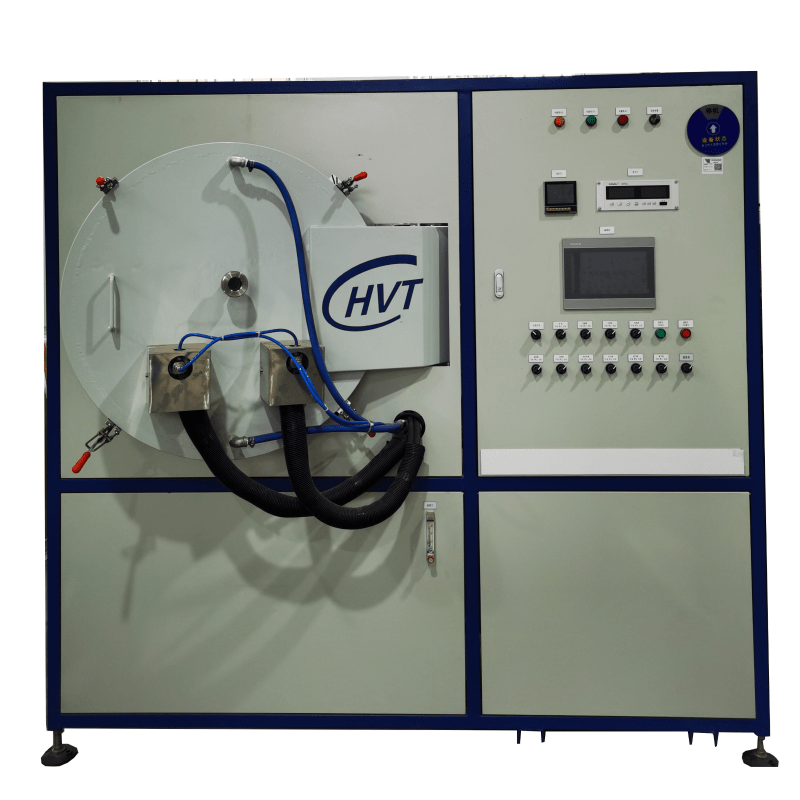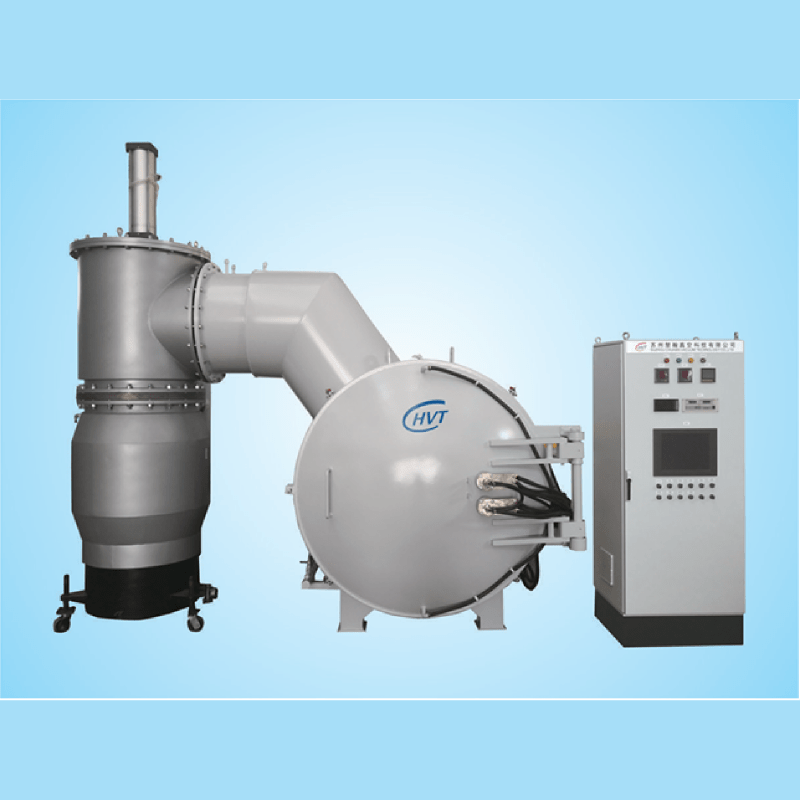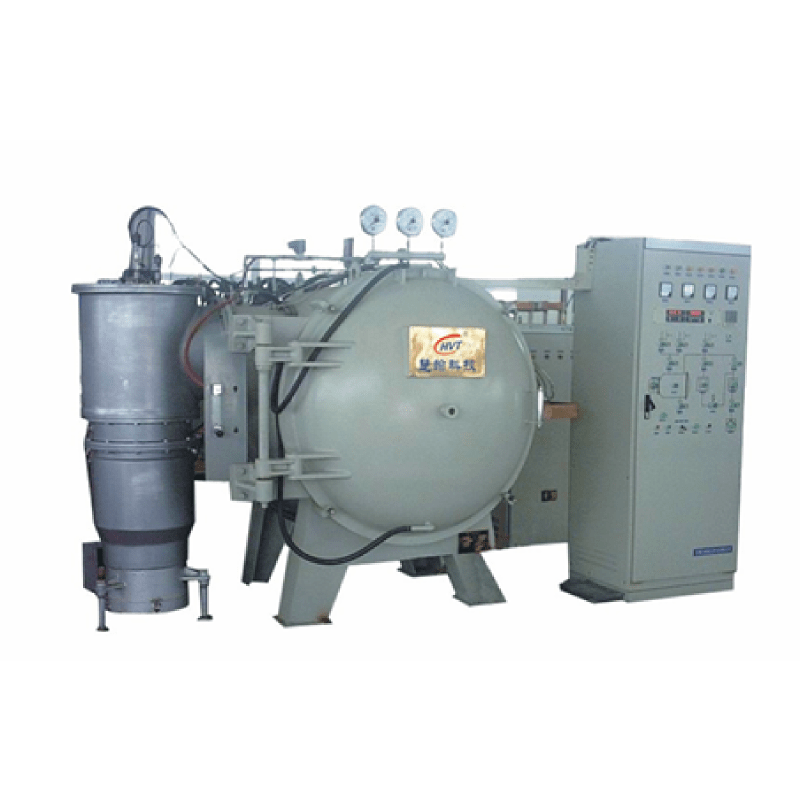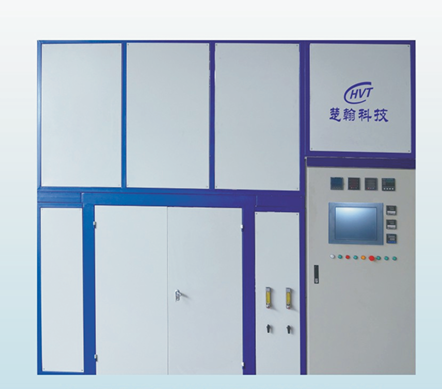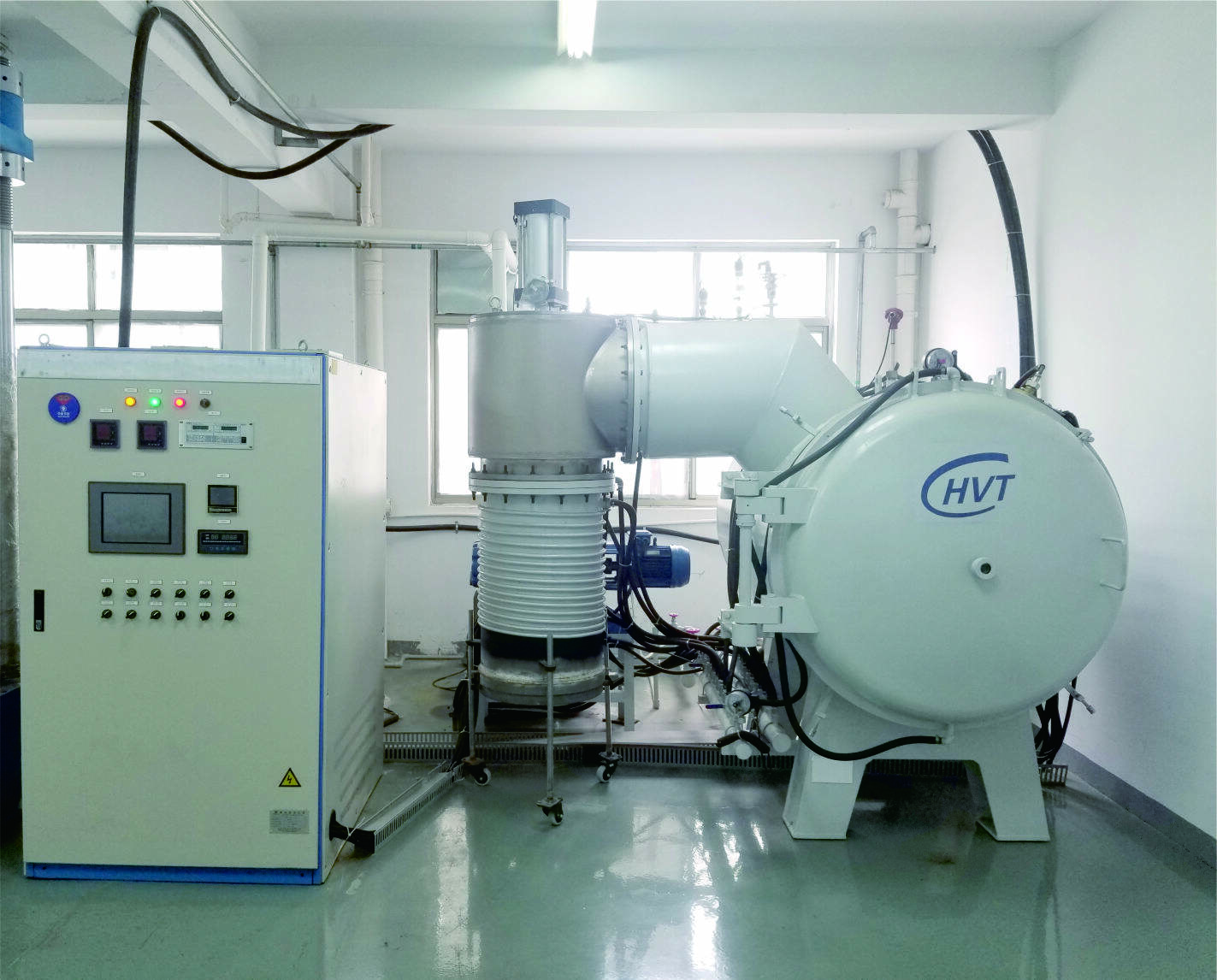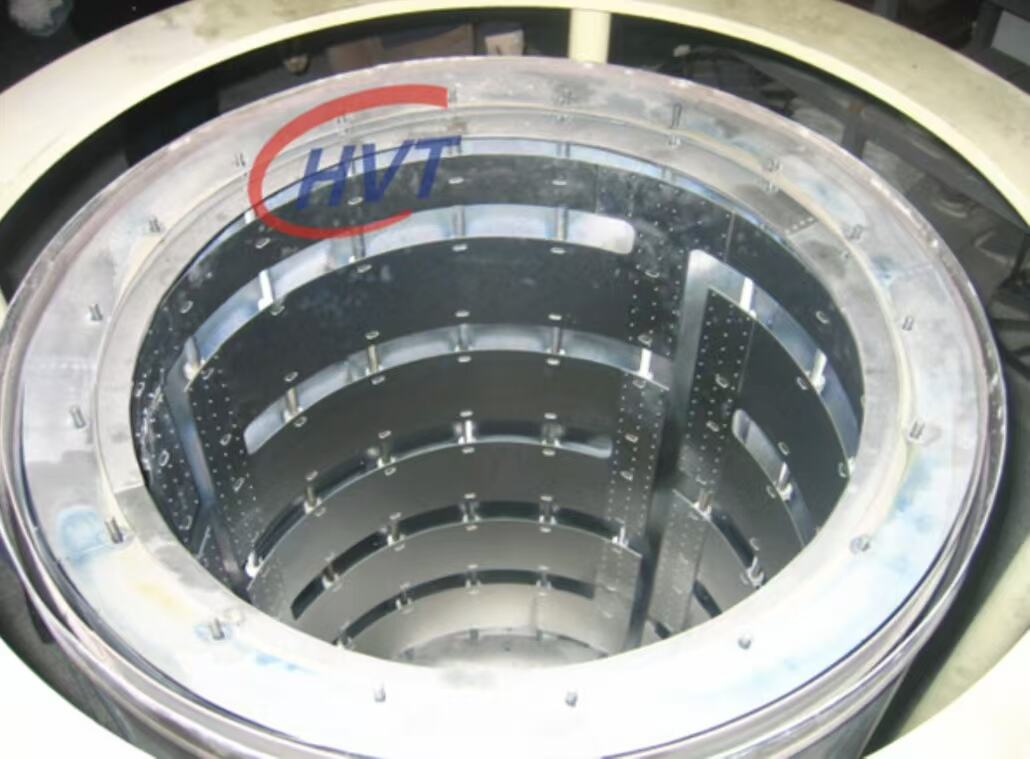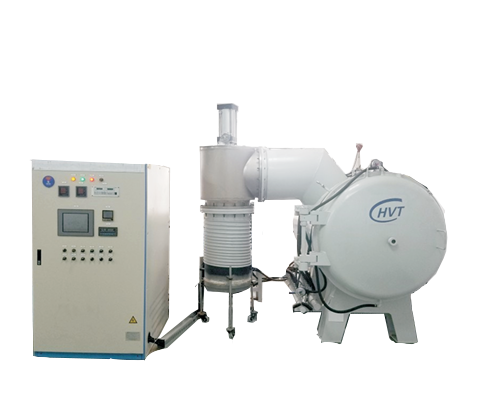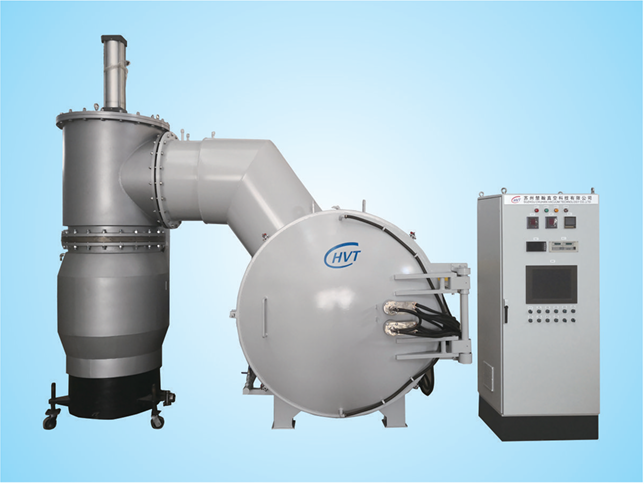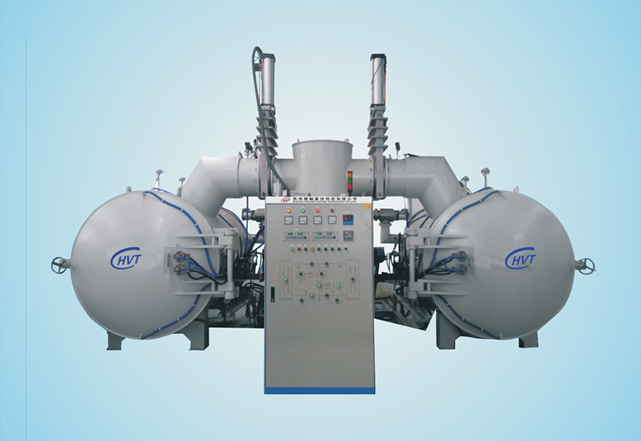induction melter
An induction melter is a sophisticated piece of industrial equipment that utilizes electromagnetic induction to heat and melt various metals and alloys. This advanced technology operates by generating a powerful electromagnetic field through an electrically charged coil, which induces eddy currents within the conductive material, resulting in rapid and efficient heating. The system comprises several key components, including the power supply unit, water cooling system, induction coil, and crucible. Modern induction melters feature precise temperature control systems, allowing operators to maintain exact temperatures required for specific metallurgical processes. These units can process a wide range of materials, from precious metals to industrial alloys, making them invaluable in numerous manufacturing sectors. The melting process is notably clean and environmentally friendly, as it doesn't rely on fossil fuels or direct flame contact. Additionally, induction melters offer exceptional energy efficiency, with the ability to concentrate heat exactly where needed, minimizing energy waste and improving operational costs. These systems can achieve extremely high temperatures quickly, often reaching melting points within minutes, which significantly enhances production efficiency and throughput.

